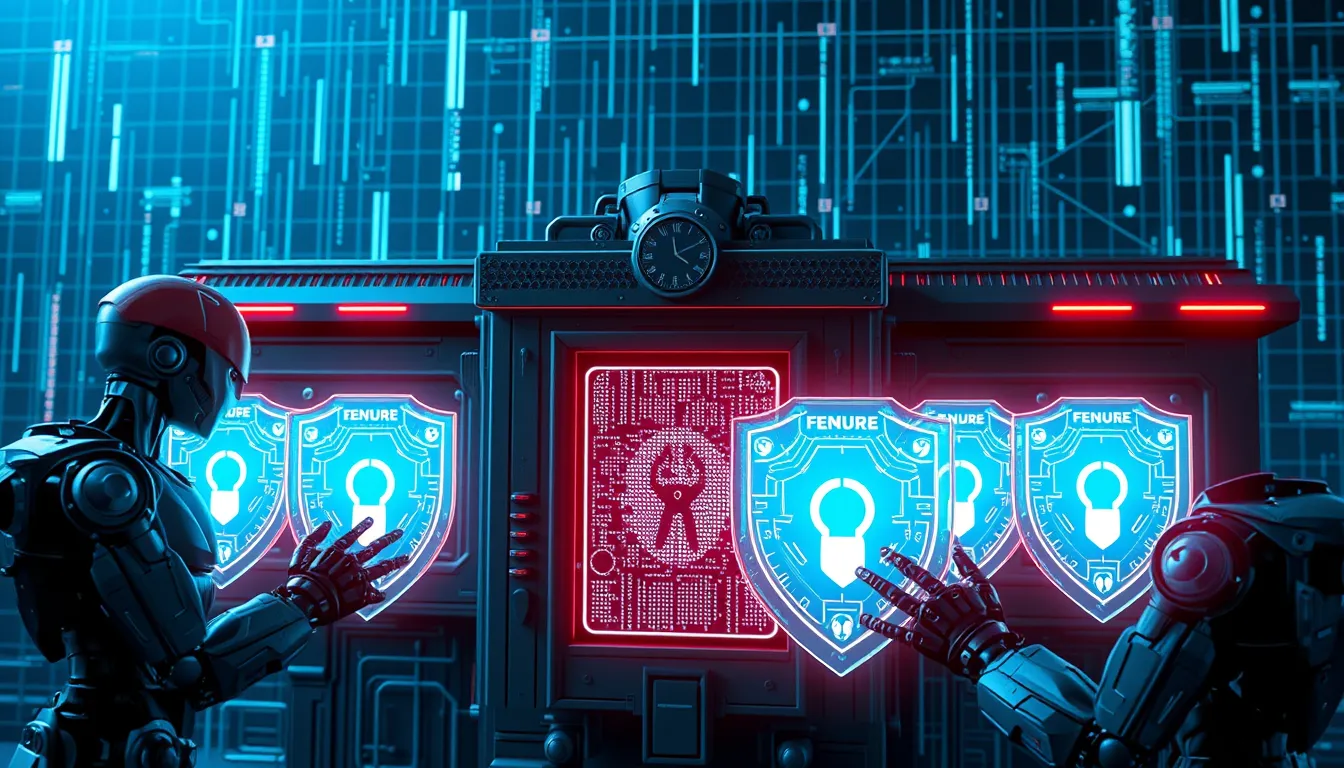Now Reading: Powerful AI in Healthcare Diagnostics: Boosting Patient Care
-
01
Powerful AI in Healthcare Diagnostics: Boosting Patient Care
Powerful AI in Healthcare Diagnostics: Boosting Patient Care

Powerful AI in Healthcare Diagnostics: Boosting Patient Care
Introduction
Artificial Intelligence (AI) is transforming the healthcare landscape by revolutionizing how diagnostics are conducted. The integration of AI in healthcare diagnostics promises enhanced accuracy, improved patient care, and a future where disease prediction is faster and more reliable. In this article, we will explore how AI is reshaping medical imaging, improving diagnostic accuracy, and what challenges remain as this technology evolves.
The Role of AI in Healthcare Diagnostics
AI in healthcare diagnostics is at the forefront of modern medicine. By leveraging machine learning and data analysis, AI systems analyze vast amounts of medical data quickly and accurately. This helps clinicians make faster decisions, leading to improved treatment outcomes. It is no wonder that AI in healthcare is trending upward, thanks to its ability to improve diagnostic accuracy while reducing human error.
How AI Improves Diagnostic Accuracy
One of the most compelling benefits of AI in healthcare diagnostics is its capacity to enhance the accuracy of detecting diseases. Traditional diagnostic methods often rely on manual interpretations, which can be subjective and prone to error. However, with the introduction of AI, repeatable and consistent analysis of medical images becomes attainable.
Key benefits include:
- Enhanced image analysis: AI algorithms can sift through thousands of images to identify patterns.
- Faster diagnosis: What traditionally took hours can now be accomplished in minutes.
- Predictive analytics: Leveraging AI for disease prediction aides in early intervention.
Furthermore, AI in healthcare diagnostics empowers radiologists and medical professionals to focus on patient care rather than complex data reading. For instance, research institutions and hospitals are adopting new AI tools to identify early signs of conditions that might be missed during routine screenings.
Advancements in Medical Imaging
AI medical imaging is transforming the way images are analyzed and interpreted. By automating the detection and classification of abnormalities, AI can highlight areas of concern that might otherwise go unnoticed. This integration is not only speeding up the process but also increasing the confidence level in detecting conditions at earlier stages.
External studies have demonstrated that AI diagnostics can sometimes outperform human analysis, making it a critical asset for reducing diagnostic errors. For more insights, visit the official website of the American College of Radiology at https://www.acr.org, which offers resources and further readings on AI in medical imaging.
Breaking Down AI Disease Prediction
Medical practitioners are increasingly using AI disease prediction to foresee potential health issues. By analyzing patient history and current health data, AI models provide valuable insights that can lead to preventive care. This type of predictive analysis is proving essential in managing chronic diseases and preventing severe conditions before they become critical.
For instance, AI can be used to predict the onset of conditions like diabetes and cardiovascular diseases. While these predictions are not absolute, they offer a high degree of accuracy that supports preventive medicine. AI’s role in disease prediction forms a bridge between current treatment methods and future, more personalized medical care.
Challenges of AI in Healthcare
Despite its significant benefits, the integration of AI in healthcare is not without hurdles. One of the major challenges is ensuring the quality and consistency of input data. Inaccurate or incomplete data can lead to erroneous outcomes, which may ultimately impact patient safety. Additionally, there are concerns about privacy, security, and the ethical use of patient data.
Moreover, regulatory standards vary across regions, and integrating AI solutions requires close collaboration between technology providers, medical professionals, and regulatory bodies. Addressing these challenges is vital to fully harness the potential of AI in healthcare diagnostics.
Future Directions
Looking ahead, AI in healthcare diagnostics is expected to play an even larger role. Continued investments in research and development, along with collaborations between tech giants and healthcare institutions, are paving the way for more innovative solutions. For example, companies like Google are heavily investing in healthcare AI research, aiming to push the boundaries of diagnostic technologies further. Learn more about their initiatives at https://about.google/.
Conclusion
In conclusion, AI in healthcare diagnostics is setting the stage for a new era of patient care. With its ability to improve diagnostic accuracy, revolutionize medical imaging, and provide predictive insights, AI is not just a technological advancement but a transformative force in healthcare. As the field continues to evolve, overcoming data quality and regulatory challenges will be crucial to realizing its full potential. The future of healthcare lies in harnessing the power of AI to deliver more precise, efficient, and personalized care to patients worldwide.
This article highlights the dynamic role of AI in healthcare diagnostics. Whether you are a healthcare professional exploring new technologies or a patient interested in understanding how modern medicine is evolving, the advancements in AI offer promising opportunities for improved medical outcomes and a brighter future for healthcare.

























